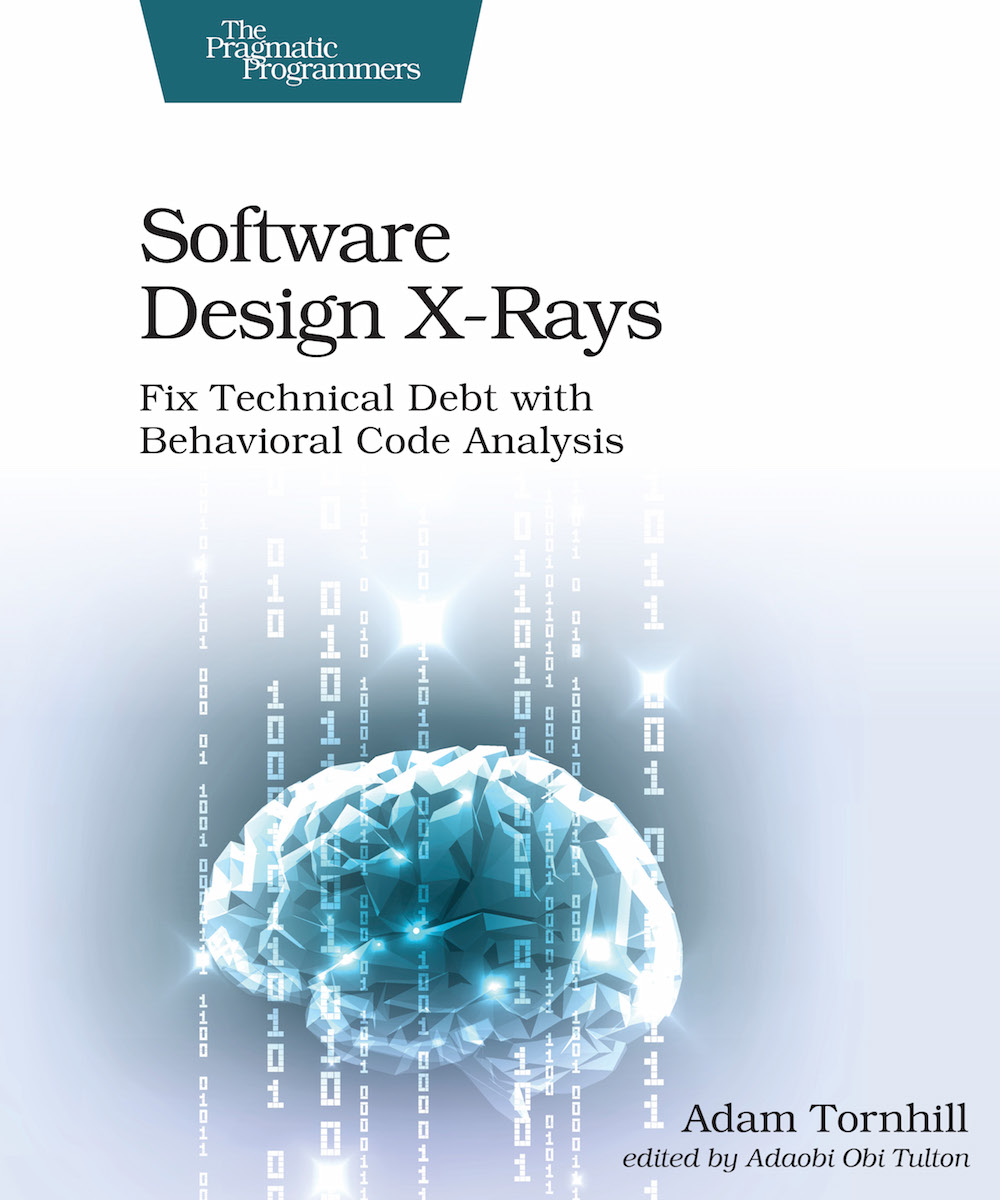Book Reviews
The Unicorn Project: A Novel about Developers, Digital Disruption, and Thriving in the Age of Data by Gene Kim
ISBN:
978-1942788768
Publisher:
IT Revolution Press
Pages:
352
I consider Accelerate (that Gene co-authored with Dr. Nicole Forsgren and Jez Humble) to be the most important technical book over the past years. The reason is because the software industry is largely fueled by hype, claims, and promises that are rarely supported by data. Accelerate was a fresh breeze with its solid research and, to the best of my knowledge, the first work that convincingly links technical practices to business outcomes. The Unicorn Project packages all those lessons from Accelerate -- and more -- into an accessible novel that manages to enrich the core message by providing context that further strengthens the business aspect.
In the Unicorn Project we get to follow Maxine as she gets exiled from her team and put on the notorious Phoenix Project. The Phoenix Project promises to be the digital future of Parts Unlimited, a retailer store for car parts. Parts Unlimited is in many ways symptomatic of other traditional businesses in that they suddenly find themselves transformed into an IT business where disruptive startups eat into their earnings at a worrisome rate. Parts Unlimited is struggling and far from meeting the IT challenge. The Phoenix Project has been going on for three years by now, has burned through a tremendous amount of cash, and is still not even close to an initial release. In fact, as Maxine finds out during her first frustrating days on the project, no one even knows how to build the Phoenix system, much less how to deploy or operate it. Rough times lie ahead.
These first chapters paint a picture of a major IT project gone wrong. Very wrong. If you have spent enough time in our industry, you're likely to have come across most of these horror stories. There's the classic silo between development and QA. The technical practices and technologies are outdated at best, and technical debt accumulation is rampant. Micromanagement is ever present as a constant obstacle to developer productivity, and political games ensure that no one really wants to take responsibility. Simply put, it's a workplace where very little work of value gets produced. That is, until Maxine joins a group of tech rebels that decide to do what they can to turn the tide. And it's in this second part of the book that the Unicorn Project really picks up the pace. We get to see how proper collaborative practices between IT and business can change the game when backed by modern delivery practices that enable short lead times, which in turn encourage experiments and learning. Suddenly, Parts Unlimited finds themselves transformed into a very different company with IT at its core. And it's an IT that works in close proximity with the business goals to not only generate a substantial profit, but also to ensure that new and valuable capabilities are benefiting their customers.
To me, being a startup founder myself, the business aspects are the most interesting. The capability to disrupt a market has nothing to do with the size of a company; it's all about being fast. And, simply, most large companies aren't fast, which is why we startups can eat their lunch. But the Unicorn Project argues that when a large company manages to transform itself into a software delivery machine, fast and large is often going to beat fast and small. A big company, like the fictional Parts Unlimited, simply has more economic muscles, existing sales relationships and can tap into existing customer networks. If all those capabilities are channeled and focused into a shared goal, then it's very hard for a startup to compete for the same market.
The Unicorn Project is a technical book, and throughout its chapters we find timeless insights into software design, programming, business aspects, and delivery practices. However, the book never feels technical. To me, this is what makes this work so remarkable; to package what is fundamentally deep, technical insights into a page turner is quite an achievement. The Unicorn Project has the potential to take what is currently state of the art practices and bring them one step closer to mainstream. Ultimately, our whole industry would benefit from it.
Finally, I'd like to point out that I have always made a point of trying to balance my book reviews with some critique; there's always some aspect that could be improved. Not so this time -- I just cannot think of anything that could top what's already there. The Unicorn Project is a must read, and a new personal favorite that I've already made sure to recommend in my training classes. Flawless!
About the reviewer
Adam Tornhill is a programmer who combines degrees in engineering and psychology. He's the founder of Empear where he designs the CodeScene tool for software analysis. He's also the author of Software Design X-Rays: Fix Technical Debt with Behavioral Code Analysis, the best selling Your Code as a Crime Scene, Lisp for the Web, Patterns in C and a public speaker. Adam's other interests include modern history, music, and martial arts.







